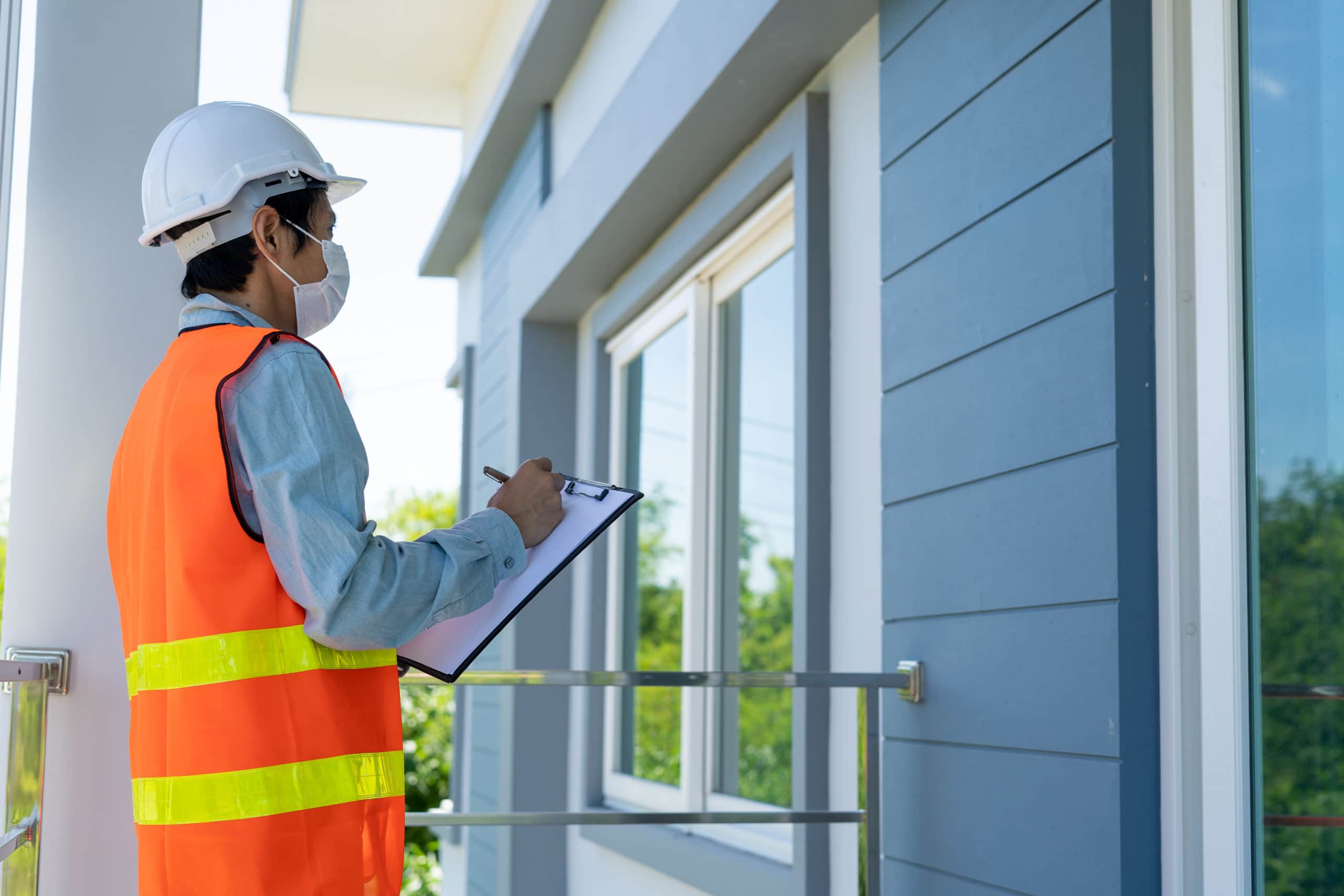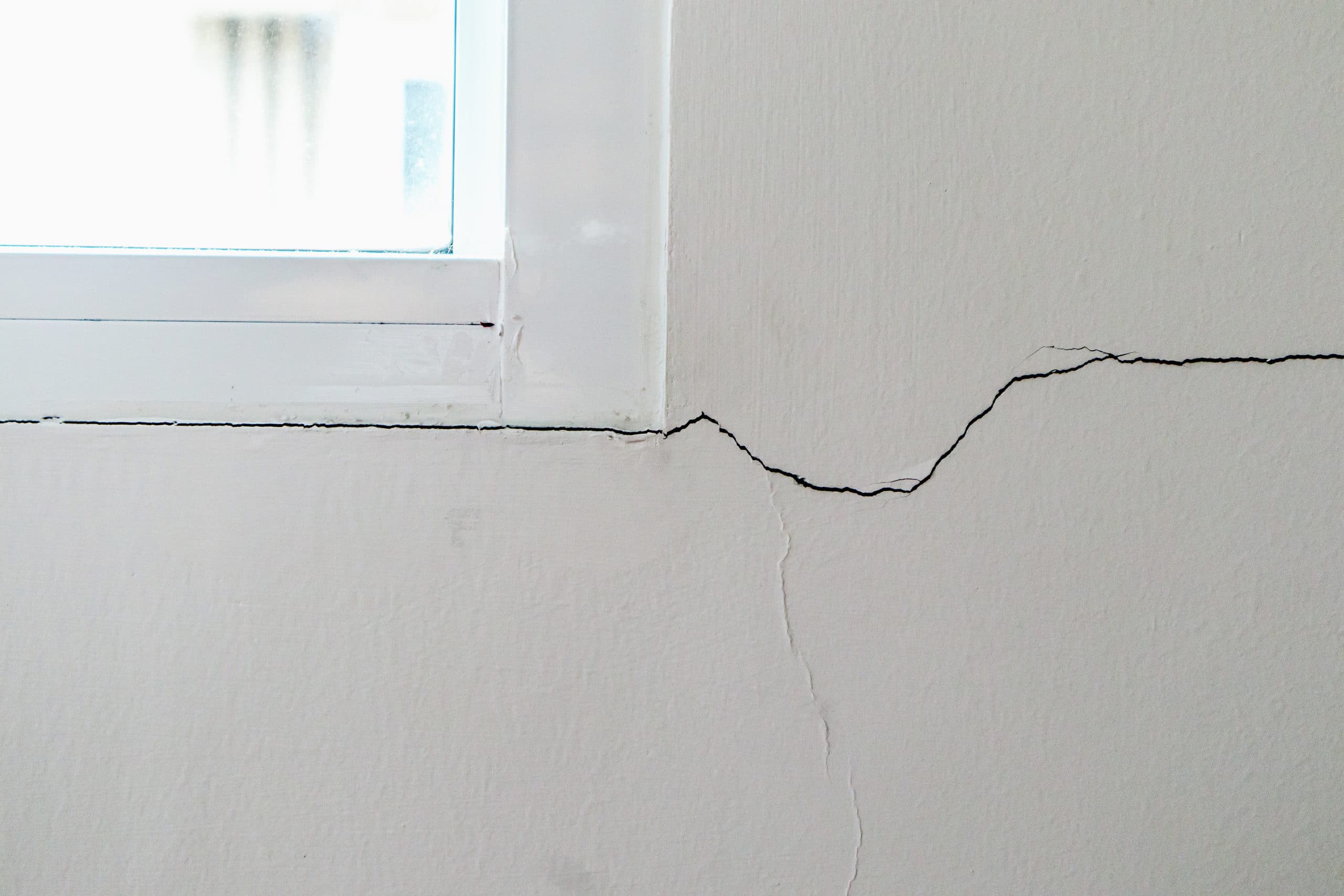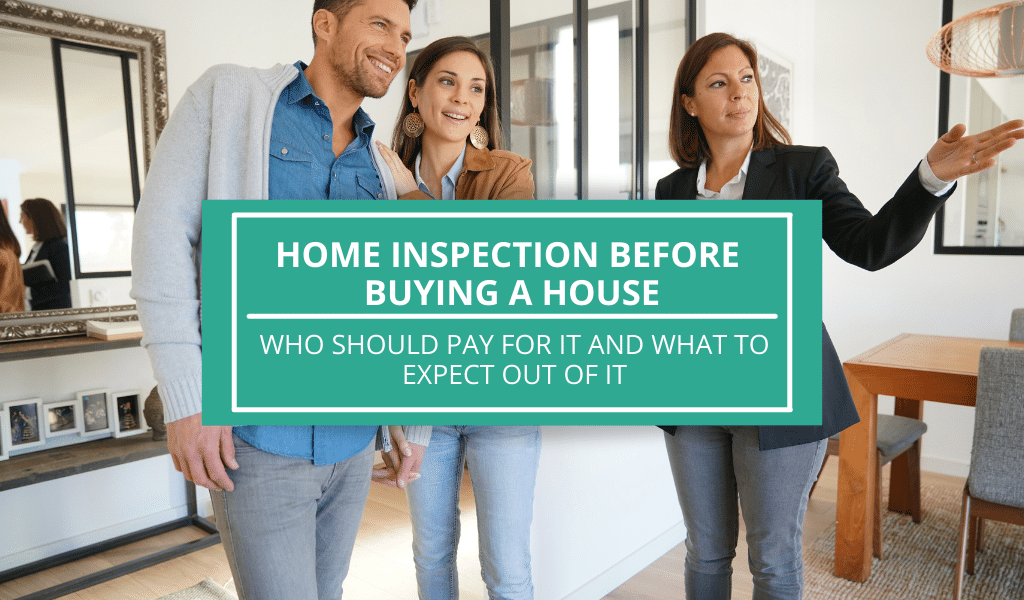Buying a home is a big investment and commitment. That is why it is important to make sure that the property you're buying is worth your money. One way to do this is by conducting a thorough inspection of the house. When it comes to this, aspiring homeowners usually wonder if who should be the one to arrange the home inspection process, and ultimately, who should pay for it?
Typically, it is recommended that the buyer should be the one to arrange and pay for the home inspection. By doing so, the buyer can be assured that they are protected from any hidden damages that the realtor or the previous owner may fail to disclose. And finding such damages are crucial to appraising the price of the property, and most importantly, determining whether or not the house is worth buying.
Some of the most common (often hidden) issues that you need to be cautious about are: water leaks, electrical problems, mold and pest infestations. These kinds of things can lead to huge expenses down the road or even structural damage which would require costly repairs.
What Is A Home Inspection?

A home inspection is an important part of the process of buying a home. A qualified home inspector will inspect the property and look for both current and potential problems that may arise.
Purpose
The purpose of an inspection is to collect information about structural defects and building problems so they can be corrected before you buy a property. An inspector will check if there are any damages with the structure of the house, electrical system, and plumbing among other things.
Some of the common issues that a home inspection seeks to uncover or may reveal are:
Water Leaks
Electrical Problems
Roof Issues
Mold
Pest Infestation
Fire Hazards
Apart from the mentioned possible defects, home inspections also aim to uncover any risks of the property that relates to it's vicinity (weather, water supply system, drainage system etc.). They will then give you a detailed inspection report about whether the property is located in an area that is flood or earthquake prone.
Cost
An inspection might cost anywhere from $300 to $600. Many buyers have their real estate agent arrange for the inspection before they go through with the purchase. A home inspection can be done by an engineer, real estate agent, contractor, but it is best to hire a professional inspector.
$300
As low as
Moreover, it is not uncommon for buyers to have one of their own family members or friends complete an inspection. Now this will definitely save you money, but make sure that the person is experienced and knowledgeable.
As a buyer, it's important that you know exactly what you are getting into by getting a proper inspection done.
Who Should Pay For The Home Inspection?
Before you go into any negotiations with the seller, it is advisable to decide who will be paying for the cost of the home inspection. In many cases, the buyer pays for this out of their own pocket in order to protect themselves from any hidden surprises they may come across while in negotiations with them.
Failing to uncover issues or defects of the property will lead to huge expenses down the road. In some cases, you may even discover when it's too late that there are serious structural damages that can cause the property to be inhabitable.
Paying for a home inspection may save you a lot of money in the future or may save you from buying a potentially inhabitable house.
The Importance Of Doing An Inspection
You need to be proactive about your search for a new home and have a home inspection done before you finalize the purchase. A good home inspector will not only find major issues with your property, but they'll also fill you in on smaller ones which can develop into big problems.
It's always best to know what you're getting yourself into before closing on a new property rather than risking expensive repairs or other surprises down the line. Buying a house is a huge commitment.
Find Undisclosed Issues
There are cases when houses on the market are on a rush to be sold that issues are not completely disclosed to make the property more attractive to buyers. Although, not all realtors or previous homeowners out there will deliberately hide issues from you, it's better to be sure than sorry.

At one look, the house may look fine but some other issues may not be so obvious sometimes. Some defects can also be easily be hidden or covered such as cracks on the wall, which is usually a symptom of a more serious structural damage.
The owner of the house may have some responsibility if it is part of the contractual agreements but they should make the buyer aware prior to closing if the house has problems and if he will not accept any responsibility for them before closing.
To Make A Sound Decision
If problems with the house are discovered after it has been purchased, that is a whole other story, however. This case would have to be negotiated between the buyer and seller in an attempt to reach some sort of agreement.
Once damages are discovered after the house has been purchased. You'll be the one to shoulder all of the expenses. That is why it is important to take home inspection seriously.
I cannot stress enough how important a home inspection is. This not only provides certain information about the property you are planning to buy, but it also makes negotiations much easier when everything has been disclosed.
To prevent any future issues with your home search and buying process, it is highly recommended that an inspection be done thoroughly before finalizing any deals on a new house.
Final Thoughts
A home inspection helps prevent large unforeseen expenses that could come up down the road if not addressed beforehand, such as water leaks, electrical problems, roof issues or mold infestations.
If done properly an inspector will be able to find these types of assets without much effort so they can be corrected before closing on your new property which saves money in the long run. You should have one completed before signing any papers so you know exactly what you are paying for.
It's the best practice that the you should pay for the inspection since you will suffer the consequences the most if the property turns out to be a failed investment. You should always know what you're getting into when purchasing a new home to protect yourself from future costs or surprises that may come up.

